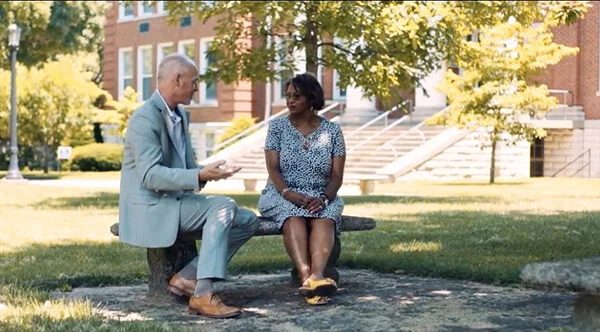[vc_row][vc_column][vc_column_text]
Unfortunately, in many states, the lack of court oversight combined with poorly trained guardians has led to reports of abuse. Once the court appoints a guardian, that guardian has complete control over the ward’s property and finances. Guardians can block family visits, determine where the ward will live, and sell property. In addition, guardians charge fees for their services that are payable from the elderly person’s bank account, which can cause corruption. When a senior gets caught up in the guardianship system, it can be very difficult to get out. There are many stories about seniors who are confused and overwhelmed after losing control of their lives to a guardian they don’t know.
In response to complaints by advocacy groups about guardianship abuse, Florida passed a law in March 2016 instituting changes to its public guardian system. The law creates an Office of Public and Professional Guardians that is required to create standard practices and rules for public guardians. The office also has enforcement power to revoke a guardianship.
If you think a loved one needs a guardian, consult with your attorney to determine the best steps. There may be less restrictive alternatives to guardianship.
In addition, if your family can’t agree on the best course of action for your elderly loved one, before fighting over guardianship in court, consider elder law mediation.
We can help find the best solutions for you and your loved ones! Contact us today.
[/vc_column_text][/vc_column][/vc_row]


